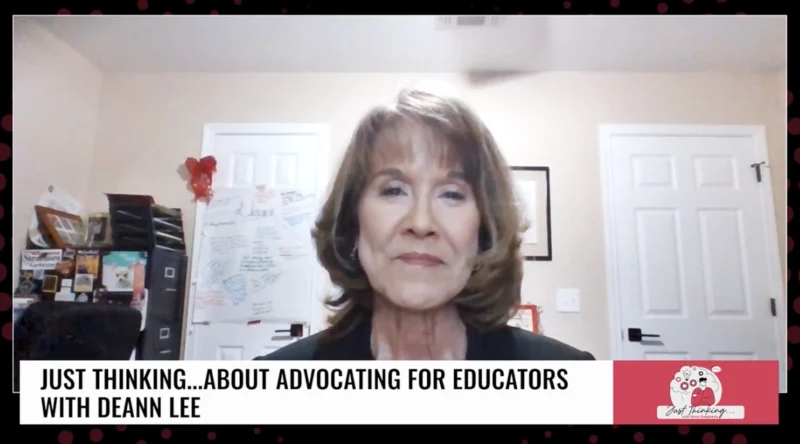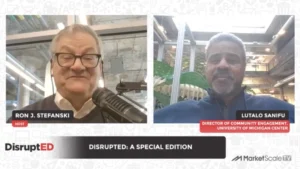5 Steps to Facilitate a Killer Training Workshop
Darren Grimes was exhausted.
He’d been awake all night, tossing and turning.
No matter how many sheep he counted or how he tried to rationalize it, it was impossible to control the panic. In just a short time he would be faced with the challenge of a lifetime: a 7 hour workshop in front of 30 peers. Training them how to use a new computer system he knew they didn’t care about.
Frazzled, and nursing a double espresso, Darren stared bleary-eyed at the clock.
8.29. Time to make a move.
He gulped his coffee, picked up his laptop and papers, and made his way to Conference Room 6 to prepare.
This wasn’t going to be a good day.
Whether you’ve had to facilitate a workshop before or not, I’m sure you can imagine how Darren must feel.
He’s about to spend 7 hours standing in front of a group of people who would almost certainly prefer to be anywhere else. He’s going to talk to them about something they don’t particularly care about. And he knows they don’t care.
For Darren, this is a nightmare!
His audience will feel it too. They have to suffer through hours of Darren’s monotone lecture, interspersed with nervous laughter, dodgy slides, and forgotten information.
At 5 pm, the result of this distasteful experience is that Darren vows to never do another workshop and his audience, rushing for their freedom like escapee bank hostages, retain nothing.
There has to be a better way.
The Problem With Training
The problem with training is the people delivering it. People like Darren.
Now, it’s not Darren’s fault. He’s just copying what he’s seen his peers and superiors do when they run workshops.
Darren’s mindset is wrong.
Darren believes that as facilitator he needs to do the talking. Darren believes that the audience will only learn if he lectures his knowledge to them. He should be in control, and he’s responsible for what the audience retains and whether they enjoy themselves.
Nothing could be further from the truth.
But this mindset is how a lot of training is delivered in businesses every day, the world over.
The Role Of Facilitator
“Facilitate” means to assist, to help, to make things easier.
Lecturing facts to group of disengaged business people is not facilitating.
When you facilitate a training session or workshop you should be focused on helping people to develop. Facilitating the acquisition of new skills or the understanding of new information. Making the new skills or new information as easy to digest as possible.
Your audience may well start off disengaged, but if you facilitate in the right way you can turn this around and make the experience positive for everyone, including yourself.
How To Facilitate A Killer Training Workshop
The key to facilitating a killer workshop is to talk as little as possible.
Of course, as the facilitator of the group you will be responsible for setting the context and laying out the agenda. But, when it comes to getting your audience to understand the new skills or concepts… Just. Stop. Talking.
Here is the 5 step plan to train any new skill or any concept in any workshop:
1. Introduce the topic and give some background
2. Split participants into pairs or small groups and have them discuss the learning point
3. Groups or pairs nominate a speaker to present their discussion findings to other groups
4. Groups ask questions to better understand speaking team’s position
5. Facilitator fills in gaps or aligns where necessary
Facilitation In Practice
Let’s look at steps in practice:
Introduction of new feature in the Customer Relationship Management system
Split participants into small teams
Each team is given a computer to use running the upgraded CRM system
Teams define one regular process they follow with the current CRM system
Teams use their computer to work out how to do the current process in the upgraded system
Teams report out their findings to others and discuss the differences
Introduction of additional banking compliance rules
Split participants into small teams
Each team is allocated one new compliance rule
Teams discuss their rule and what impact it is likely to have on the daily processing
Teams present out their discussion results and handle questions
That’s it! Next time you have a workshop to facilitate remember these three words:
Just. Stop. Talking.
David McGimpsey is a facilitator, speaker, and author. His popular blog can be found at
https://www.presentationblogger.com








